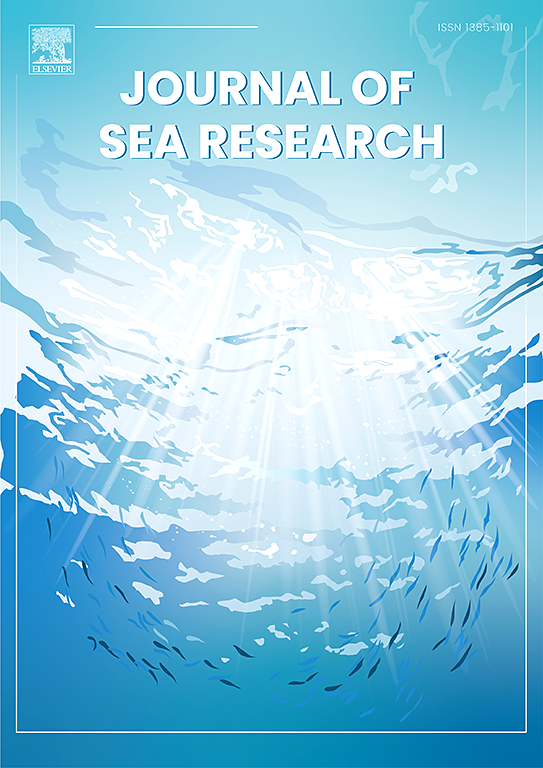Resilience solution to solve prisoner's dilemma in port shore power usage: The value of government subsidies on port
IF 2.9
4区 地球科学
Q2 MARINE & FRESHWATER BIOLOGY
引用次数: 0
Abstract
As environmental pollution increases and pollutants emitted by ships pose a threat to the environment and health, port shore power has become an effective means of reducing pollution from ships. However, shipping companies are affected by fuel prices and may ignore environmental issues and jeopardize social welfare in pursuit of their own interests. Therefore, government intervention is particularly important, especially through subsidies to solve the conflict between competition among shipping companies and environmental pollution. This study develops a three-tier supply chain model incorporating governmental authorities, port operators, and dual shipping companies to examine shore power adoption strategies. Through Nash equilibrium analysis, we investigate the efficiency of shore power utilization under both subsidized and non-subsidized scenarios in order to find the resilience solution for the relevant stakeholders. The findings reveal that in the absence of government intervention, shipping companies' equilibrium strategies are primarily determined by the relative costs of conventional fuel and shore power, leading to potential Prisoner's Dilemma situations. The introduction of government subsidies enhances the likelihood of achieving stable equilibrium for both shipping companies while mitigating the Prisoner's Dilemma effect. The study provides references of resilience solution for related fields and policy recommendations for parties in the port and shipping supply chain.
解决港口岸电囚徒困境的弹性方案:政府对港口补贴的价值
随着环境污染日益严重,船舶排放的污染物对环境和健康构成威胁,港口岸电已成为减少船舶污染的有效手段。然而,航运公司受到燃料价格的影响,可能会为了追求自身利益而忽视环境问题,危害社会福利。因此,政府干预尤为重要,特别是通过补贴来解决航运公司之间的竞争与环境污染之间的冲突。本研究建立了一个三层供应链模型,包括政府当局、港口运营商和双重航运公司,以检验岸电采用策略。通过纳什均衡分析,研究了补贴和非补贴两种情况下的岸电利用效率,以寻求相关利益相关者的弹性解决方案。研究结果表明,在没有政府干预的情况下,航运公司的均衡策略主要由传统燃料和岸电的相对成本决定,从而导致潜在的囚徒困境。政府补贴的引入提高了两家航运公司实现稳定均衡的可能性,同时减轻了囚徒困境效应。本研究为相关领域提供弹性解决方案的参考,并为港口航运供应链各方提供政策建议。
本文章由计算机程序翻译,如有差异,请以英文原文为准。
求助全文
约1分钟内获得全文
求助全文
来源期刊

Journal of Sea Research
地学-海洋学
CiteScore
3.20
自引率
5.00%
发文量
86
审稿时长
6-12 weeks
期刊介绍:
The Journal of Sea Research is an international and multidisciplinary periodical on marine research, with an emphasis on the functioning of marine ecosystems in coastal and shelf seas, including intertidal, estuarine and brackish environments. As several subdisciplines add to this aim, manuscripts are welcome from the fields of marine biology, marine chemistry, marine sedimentology and physical oceanography, provided they add to the understanding of ecosystem processes.
 求助内容:
求助内容: 应助结果提醒方式:
应助结果提醒方式:


